23 Jan 2019
Faba beans, a humble hero for food formulation and nutrition
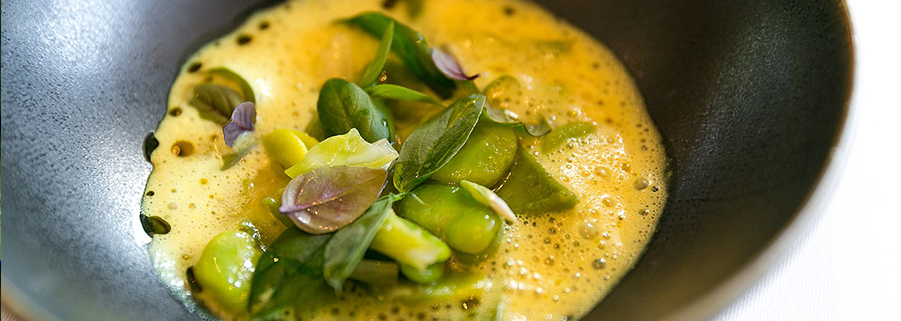
What do you know about fava beans? A member of the legume family, this plant is commonly used as a green manure or cover crop to enrich agricultural soils, although field peas are more widely used in this regard. Rich in starch and protein, making it an excellent choice for animal feed, it features only rarely in western diets. Which is a terrible shame! From a nutritional and a food formulation point of view, fava beans are hiding their value under a humble green cloak. A value that merits closer attention from the food industry.
Fava beans: plant proteins and fibre are back on the menu
In France and most of Europe, fava beans (Vicia faba, also known as faba beans, broad beans or field beans) are little used in food processing. Outside of the West, it's quite the opposite. In the Middle-East, in particular Egypt, fava beans are widely eaten: as an alternative to chick peas, for example, or on their own merit. Hummous, stews, sauces, or falafels are a few of the dishes using fava beans throughout the world.
And the humble fava bean is a nutritional powerhouse: it is very high in protein (28-32%) - even higher than peas (24%) - and in dietary fiber, vitamins (in particular folates), and recent varieties now contain insignificant amounts of vicine and convicine (substances that cause a type of anaemia when combined with certain medications). It is low in fat (<2g/100g), gluten free and low GI. Overall, the fava bean presents itself as an excellent alternative to animal proteins, or to include in fortified food products.
In their article "Potential of Fava Bean as Future Protein Supply to Partially Replace Meat Intake in the Human Diet", published in 2015 in Comprehensive Reviews in Food Science and Food Safety, Salvatore Multari, Derek Stewart, and Wendy R. Russell describe several uses for fava beans for fortifying a number of staple food products in protein: couscous, pasta, bread etc. For example, spaghetti fortified with fava bean flour can increase protein content by 2.25% for each addition of 10% fava bean flour to the recipe.
Another, and not insignificant, observation: according to the authors, the consumer acceptability of the taste characteristics of these products was more than adequate. This would appear to be an excellent solution for food manufacturers seeking natural, plant-based ingredients to formulate protein-rich foods (for seniors, vegetarians etc.).
A clean label, 100% gluten free ingredient
While the nutritional benefits of fava beans are not up for debate, what is their worth as an ingredient?
Gluten free formulations
First of all, as a member of the legume family, fava beans are 100% gluten free: they can be processed into flour, and then incorporated with other gluten free flours in products that are nutritionally dense and more easily accepted by consumers. The structure, colour and flavour characteristics of fava beans are indeed better accepted that many other gluten free ingredients such as corn, rice or soy.
The Finnish food reaserch centre, VTT, has developed technological applications for fava beans, including as an ingredient for gluten free bread (at 70% fava bean), as well as gluten free pasta mae 100% from fava bean flour, by combining a method of mechanical fractioning and bioprocessing (find out more here).
A handy formulation tool
A natural bleaching agent, fava beans can be added to other flours for a "whiter than white" look, while remaining clean label!
It also has strong emulsifying properties, like most plant proteins. While proteins from peas, lupin or rapeseed are known as being excellent emulsifiers, the same is true for fava beans, and deserves to be better known. Choc!, developed by Graine de Choc, a small company accelerated by our ToasterLAB start-up program, uses this characteristic in their vegan sweet spread. A chocolate-hazselnut flavoured alternative to other better known spreads (you know who...), it is made from 42% fava bean, but with a much less fat and sugar. As an example, it has a Nutriscore "A" rating (its better-known competitor is an "E"...).
While Béatrice Maire, the creator of Choc!, may have been the subject of raised eyebrows for your use of fava beans, her products have been winning a number of industry awards. First the Prot'Eat contest, then Invivoquest in 2018. Choc! and her company Graine de Choc is now a laudable example of outlets for fava bean production in Europe, with an apparent ability to respond to consumer expectations for healthy and delicious food.
Go further
Fava beans are the subject of other innovation projects that Vitagora has helped launch, such as Peamust. This project has the goal of developing new varieties of peas and fava beans and to optimise their symbiotic interactions in order to stabilise yields and improve product quality.
The properties of plant proteins (texturising, emulsifying etc.) make them ingredients of high interest for the food industry for replacing animal products and meeting increasing consumer demand for plant-based foods. Are you looking to innovate in this field? Feel free to contact us at Vitagora for expert support and advice to orient your search for intelligence or to put an innovation project into action: elodie.dasilva@vitagora.com
Don't forget to sign up for the blog to get email alerts for new articles: it's free! (2-3 emails per month).




 Home
Home

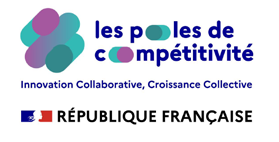

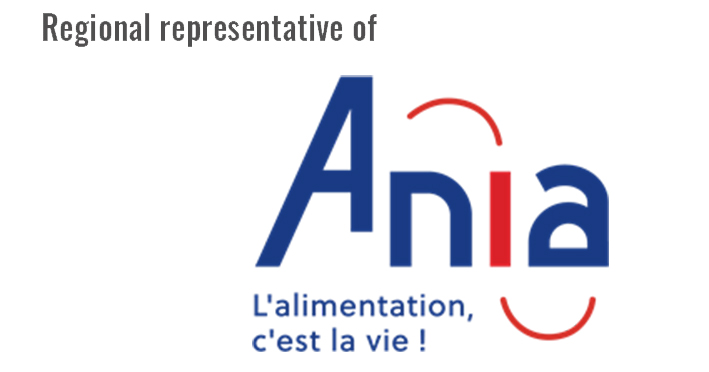

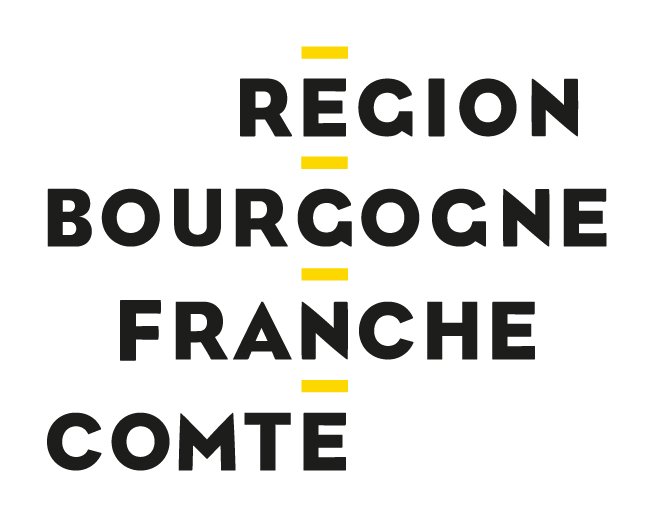
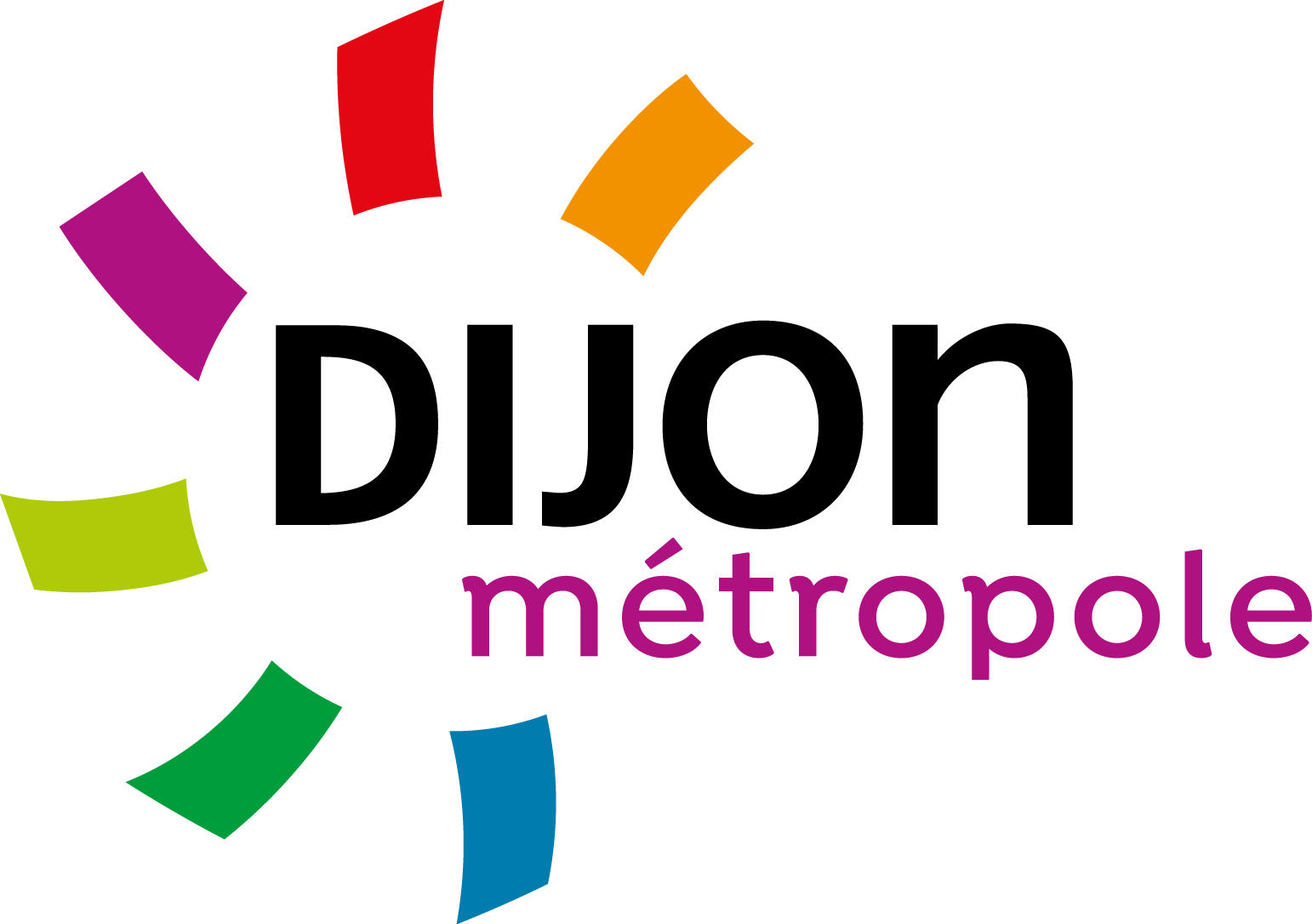









Share your opinion